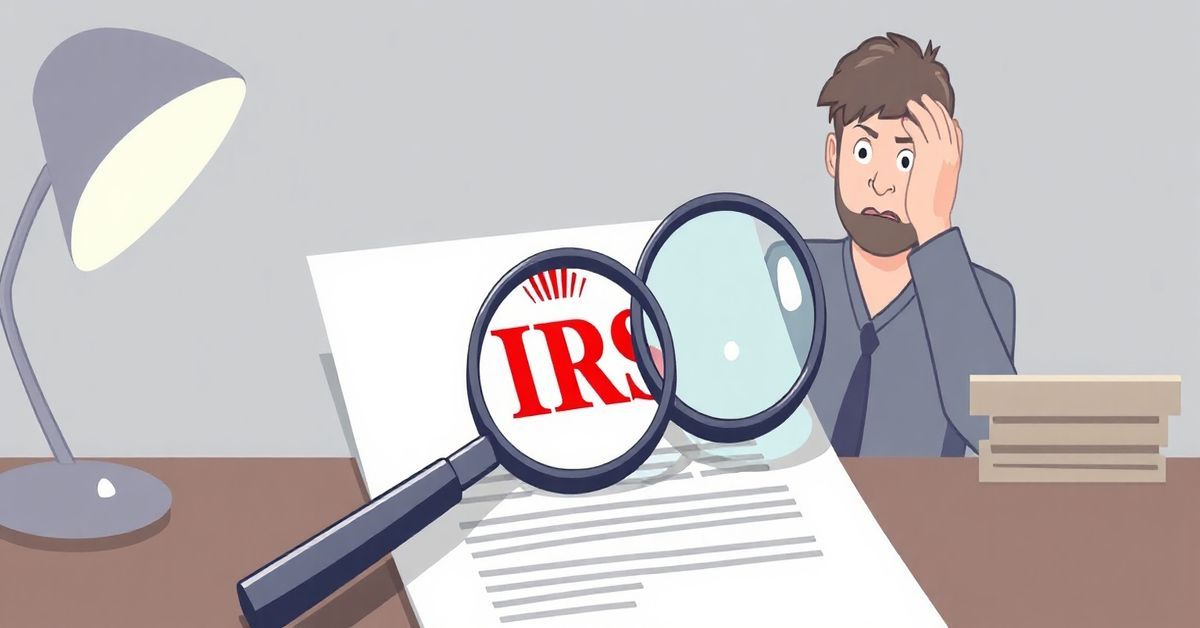CP89 Notice
What is a CP89 Notice from the IRS?
A CP89 Notice is an official communication from the Internal Revenue Service (IRS) informing you that they’ve applied all or part of your tax refund to pay off a past-due debt you owe to a federal agency. This debt could be for things like student loans, unpaid taxes from previous years, or other federal obligations.

